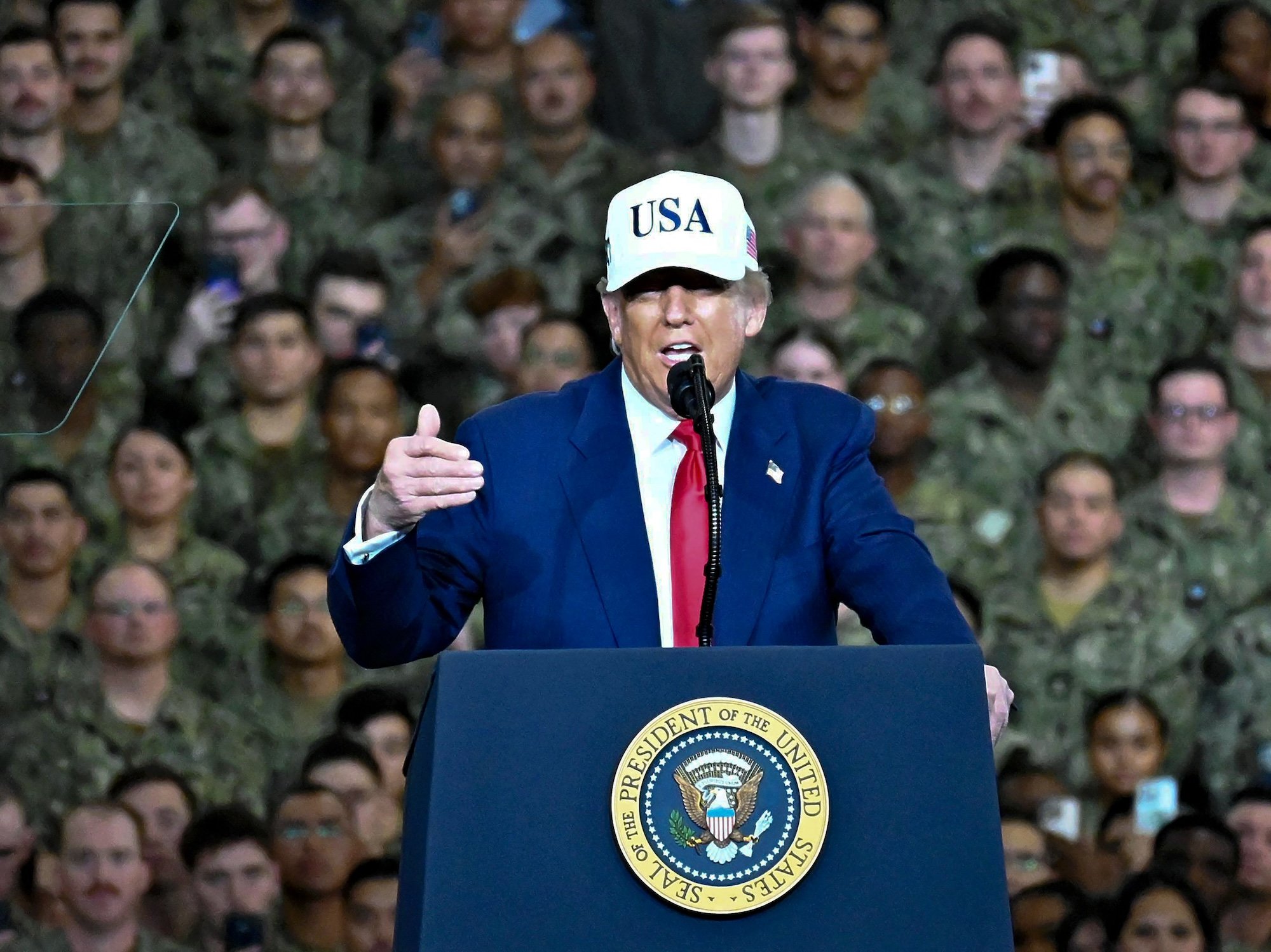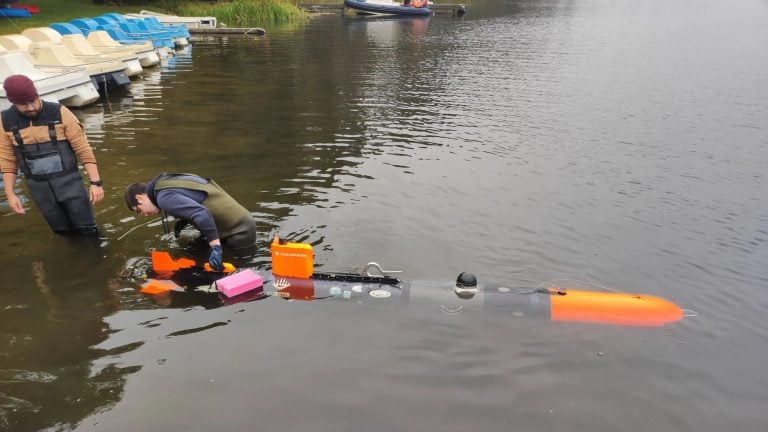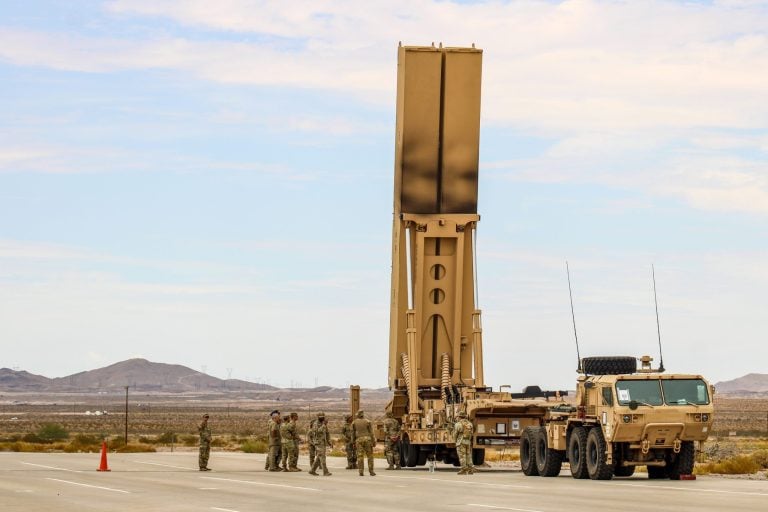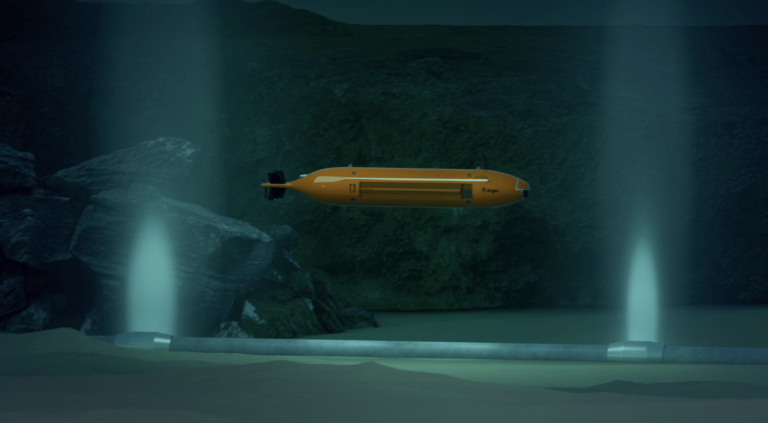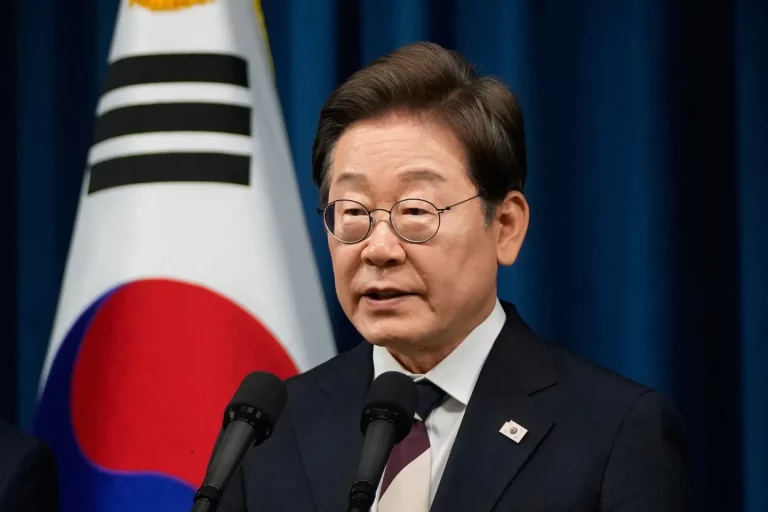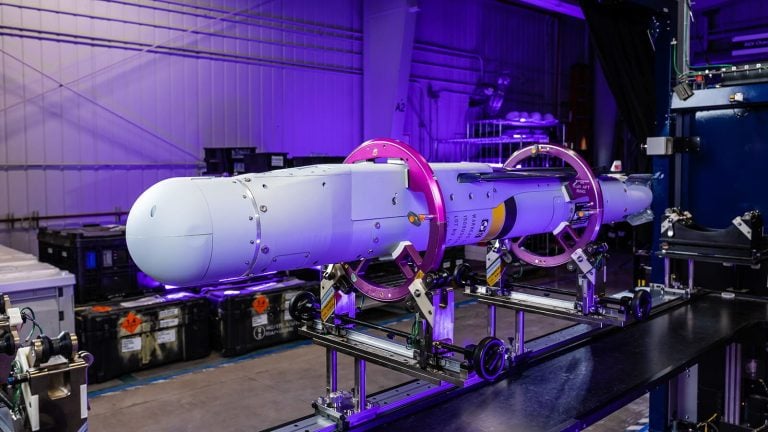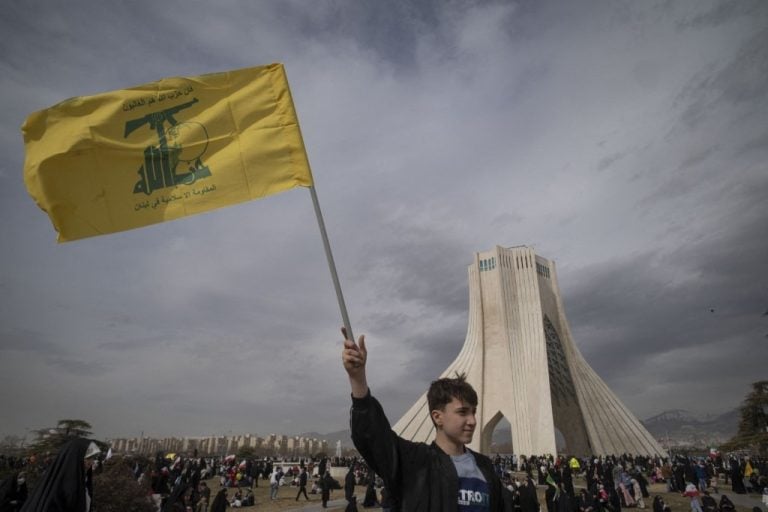In a recent interview on CBS’s “60 Minutes,” former President Donald Trump claimed that countries such as Russia and China are secretly conducting underground nuclear tests, suggesting the United States might resume its own testing as a response. Trump’s remarks come at a time of heightened geopolitical tension and discussions surrounding nuclear capabilities among global powers.
During the interview, Trump expressed his concerns about the current state of nuclear testing, saying, “I don’t want to be the only country that doesn’t test.” He also included North Korea and Pakistan in his allegations of nations that may be enhancing their nuclear arsenals without public acknowledgment.
The former president’s comments stirred confusion regarding whether he was advocating for the United States to conduct its first nuclear explosion since 1992. This announcement first surfaced in a social media post just minutes before Trump’s meeting with Chinese leader Xi Jinping, drawing significant attention in the context of international negotiations.
Trump specifically referred to the recent actions of Russia, which announced the testing of innovative nuclear technologies, including a new nuclear-powered cruise missile and a nuclear-capable underwater drone. When pressed about whether he intended for the U.S. to detonate a nuclear weapon, Trump reportedly confirmed, “I’m saying that we’re going to test nuclear weapons like other countries do, yes.”
Historically, the only nation to have conducted nuclear detonations in recent decades is North Korea. Both Russia and China have refrained from such tests; Russia has not conducted a nuclear test since 1990, while China’s last known test occurred in 1996. Trump further argued that other nations are conducting tests discreetly, suggesting they “test way underground where people don’t know exactly what’s happening.”
In response to Trump’s assertions, China’s foreign ministry firmly denied conducting any nuclear tests. Spokeswoman Mao Ning emphasized that China adheres to a self-defense nuclear strategy and has committed to suspending nuclear testing, urging the United States to take steps toward maintaining global stability and upholding international nuclear disarmament agreements.
Amid the escalating rhetoric, Trump’s energy secretary attempted to clarify the U.S. stance on nuclear testing. In a Fox News interview, Chris Wright suggested that discussions concerning nuclear tests refer to “system tests” rather than full-scale nuclear explosions. He distinguished these tests as “non-critical explosions” aimed at verifying various components of nuclear weapons rather than actual detonations.
The United States has been a signatory to the Comprehensive Nuclear-Test-Ban Treaty since 1996, which prohibits all atomic test explosions for military and civilian purposes. As questions about the nation’s nuclear strategy continue to mount, the political and diplomatic implications of Trump’s comments remain to be seen, raising concerns about the future of international nuclear norms and arms control efforts.
